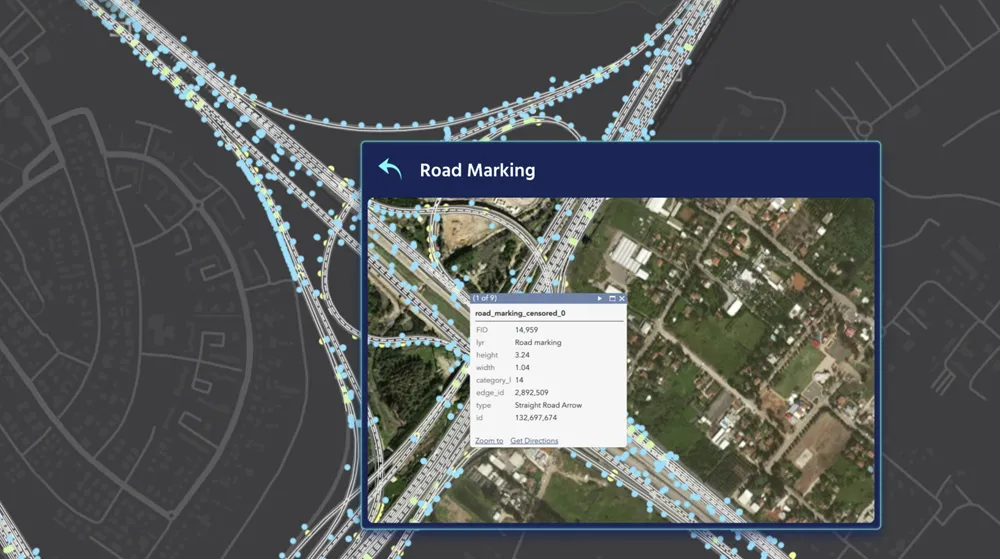RoadBotics has been chosen to use their machine-learning technology to assess the city of Detroit’s entire 4,185km road network.
The company will work with
RoadBotics will provide Detroit transportation officials with its standard Artificial Intelligence pavement assessment as well as a new AI Maintenance (AIM) tool for unsealed cracks. The company says Detroit will be the first city to pilot the AIM tool, which will assist Detroit in taking a preventative approach to road maintenance.
Oladayo Akinyemi, deputy director at Detroit’s Department of Public Works, said the data will be used to expand the city’s road asset database as part of Detroit’s broader data-driven asset management strategy for the City's Right of Way project.
RoadBotics, based in Pittsburgh, emerged from the Robotics Institute at Carnegie Mellon University, also in Pittsburgh. RoadBotics has used the same technology that moves autonomous vehicles - deep learning-based image processing. It incorporates a proprietary app and standard smartphone, placed on the windshield of any vehicle, to collect roadway image data.
The image data is uploaded to the RoadBotics platform where deep learning is applied to isolate the road from other objects in each image, assess the road condition, and automatically generate a condition rating for the road surface.
The objective rating is based on the presence, type and density of the road surface features and distresses that pavement engineers are trained to identify when visually inspecting roads. Finally, RoadBotics renders the complete assessment on its interactive, online mapping platform called RoadWay.
Mark DeSantis, co-founder and chief executive of RoadBotics, said that more than 90 customers in the US are now using company’s technology. In Australia, RoadBotics is working with engineering firm Fulton Hogan to offer its technology across the south Pacific region.
The Detroit contract come as the company raised nearly US$4 million in financing, led by Boston-based Hyperplane Venture Capital.
RoadBotics also recently announce that the city of Savannah in the US state of Georgia will continue with RoadBotics technology to finish their assessment of the rest of the city's 1,125km road network that started last summer. The city also plans to make RoadBotics' assessment of their road conditions available to the public.
RoadBotics clinches Detroit road assessment deal
RoadBotics has been chosen to use their machine-learning technology to assess the city of Detroit’s entire 4,185km road network.
The company will work with PlanetM, a Michigan state networking partnership of mobility organisations, educational institutions, research and development groups and government agencies working together in the automotive sector.
RoadBotics will provide Detroit transportation officials with its standard Artificial Intelligence pavement assessment as well as a new AI Maintenanc
January 2, 2019
Read time: 3 mins










